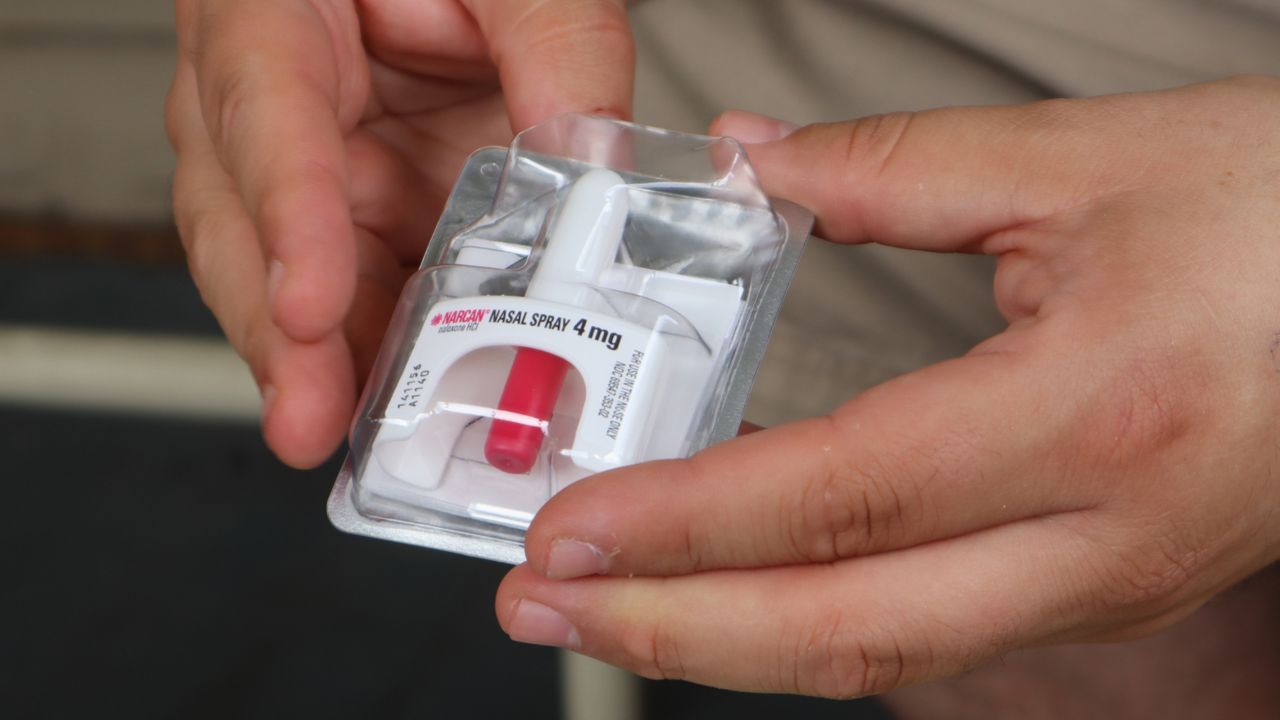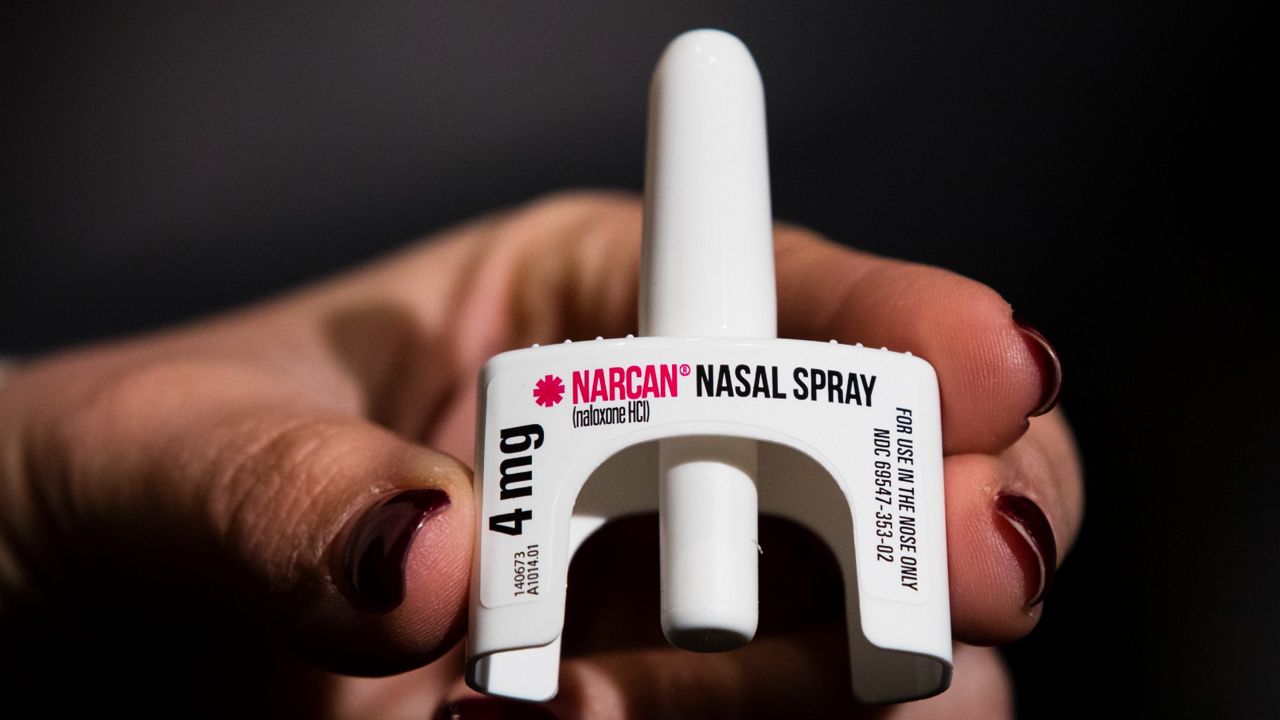ROCHESTER, N.Y. — The University of Rochester Medical Center came under fire for its treatment in the Daniel Prude case. Wednesday, the institution unveiled a five-year action plan to improve equitable health care, which began after the death of George Floyd and subsequent local protests, including the White Coats for Black Lives event in June.
The night Daniel Prude was sent home from the University of Rochester Medical Center, hours later, he was found on Jefferson Avenue and ended up back in the hospital where he later died.
That led to questions about how URMC handled his release.
Since then, the institution has rolled out its action plan.
"It's more imperative than ever, that we act now and attack this problem,” said Dr. Mark Taubman, CEO of the University of Rochester Medical Center.
URMC's five-year Equity & Anti-Racism Action Plan outlines strategies to strengthen diversity across the system.
The goals include:
- BUILD an anti-racism infrastructure
- RECRUIT diverse learners, faculty, and staff
- NURTURE a respectful learning and work environment
- EXEMPLIFY inclusion in places and digital spaces
- And ENGAGE in equitable health care
"We realize that right now we are living in a time where things are very divisive, but this plan is really meant to help everyone feel that they're welcome,” said Adrienne Morgan, senior associate dean for equity and inclusion at URMC.
"I don't see this as sides, I think that we would all, I hope that we would all agree, that everybody deserves to be treated in one way and that's the best way,” said Dr. Taubman.
The plan will also take a closer look at the need for more diversity in the medical center's leadership team.
"It's really important that we are making sure that we are partnering with our community and that we are understanding how to make connections so that we are growing the pipeline,” said Kathleen Gallucci, vice president for URMC Human Resources
URMC says this plan will take time and resources but the institution is committed to do the work necessary to make positive changes.
"We want people to believe that whatever we're doing, we're doing at the best that we can and trying to make people feel the most comfortable that we can. In 2025, we will be a more diverse and inclusive institution,” said Taubman.









